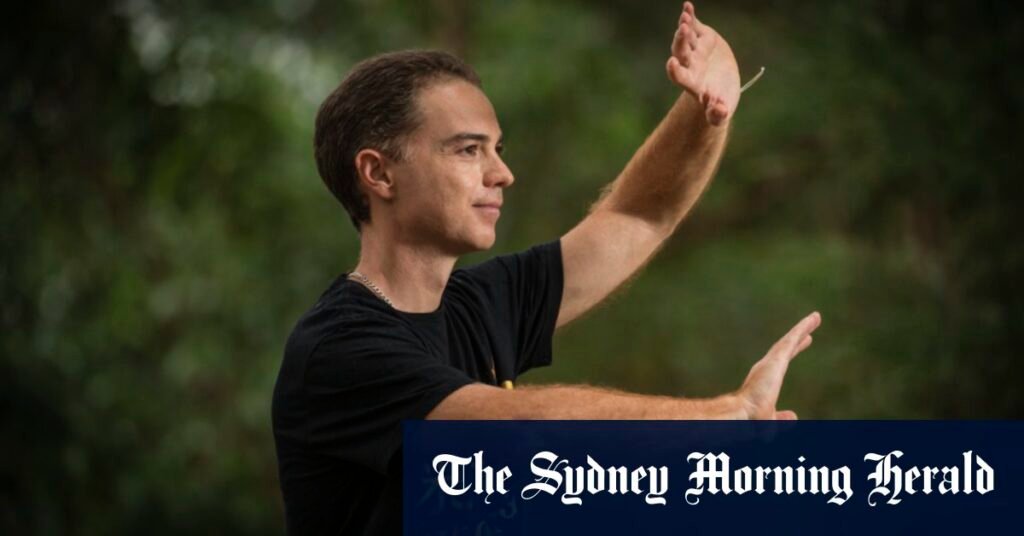Dr. Stephen Mattarollo, a researcher in Brisbane, experienced a rare condition called bilateral vestibular hypofunction, causing his hair cells to die and leaving him constantly feeling like he was on a boat and a rollercoaster at the same time. This condition led him to rethink his approach to health and research, focusing on the connection between stress and inflammation. Inflammation, driven by stress, has been linked to an increasing number of diseases, including heart disease, stroke, cancer, diabetes, and Alzheimer’s, making up over 50% of all deaths globally. The interaction between stress and the immune system is a rapidly growing field of research, with Professor Sloan at Monash University studying how stress and cancer interact.
The immune system can influence the nervous system, and the brain can influence the immune system, creating a complex web of interactions that impact our health and well-being. Stress can have a profound effect on the brain and the immune system, leading to both short-term and long-term consequences on our health. We live in a stress-society, with constant stressors wearing us down and keeping our immune systems in a constant state of flux. Understanding the signals between the nervous system, stress, and immune system may provide novel ways of toning down or ramping up the immune response, offering potential new avenues for treatment and intervention.
After his diagnosis, Mattarollo found himself housebound and isolated, struggling to cope with his symptoms. However, he began keeping a diary and noticing a pattern that stress exacerbated his condition. Determined to find a solution, he turned to breathwork, meditation, and Qigong, a form of traditional Chinese medicine involving gentle movements, breathing patterns, and mindfulness. With practice, he found some relief from his symptoms, allowing him to resume activities like soccer and running. He even became certified as a Qigong instructor and nature therapist, seeking to help others who may be struggling with similar challenges.
Qigong, based on the concept of Qi or life essence, has been found in some studies to be effective for reducing stress. While the evidence may not be of the highest quality, the placebo effect of practices like Qigong can still be a powerful healer. Mattarollo’s journey into alternative healing practices represents a shift from his analytical, critical mindset to one of acceptance and willingness to explore new paths. He recognizes that some aspects of his healing may be due to the placebo effect, but as long as it helps him and others, the exact mechanism may not matter.
As a scientist, Mattarollo blends his practice-based evidence with a mindset rooted in experimental research and critical thinking. By embracing uncertainty and doubt, he has found a new way to approach his own healing and potentially help others through his experiences. The fields of stress, inflammation, and their impact on health are areas of growing interest and research, offering hope for new ways to address and treat a wide range of conditions. Mattarollo’s journey highlights the importance of exploring alternative approaches to health and wellness, and the potential benefits of integrating practices like Qigong into traditional medical care.

